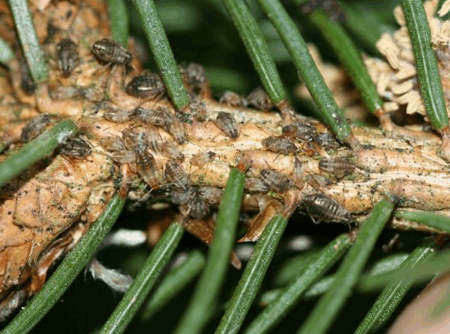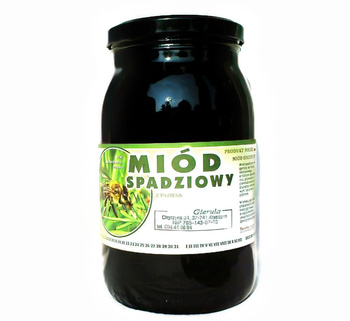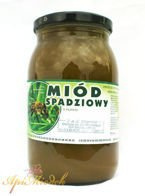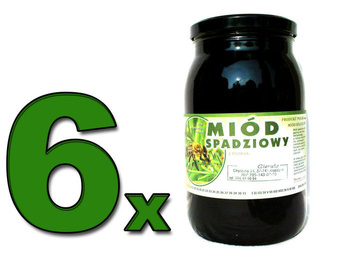Fir Honeydew
( number of products: 3 )
Fir honeydew honey has a resinous aroma and a mild taste. Its color is very dark, almost black, often with a greenish hue. Like other types of honey, fir honeydew honey is recommended for its medicinal properties.
Most commonly, it is used for respiratory tract ailments. Its antiseptic, anti-inflammatory, and expectorant properties are beneficial for treating colds as well as more serious conditions such as pneumonia.
Consuming this type of honey also has a positive effect on the heart and cardiovascular system due to its anti-atherosclerotic action. Fir honeydew honey is also used for joint and nervous system disorders. Of course, it is also recommended for boosting the immune system.
However, some people consume fir honeydew honey solely for its unique aroma and slightly sweet taste.
Honey, however, is not a medicine, but a substance that contains many biologically active components, and as such, it can have beneficial effects on certain ailments and diseases and assist in treatment. It is worth regularly consuming fir honeydew honey, as it contains a high amount of nutrients, minerals, vitamins, and elements that are needed every day.
Enriching meals or beverages with honey strengthens our immunity and has a positive impact on our heart, regardless of our age. Each type of honey, including fir honeydew honey, has detoxifying properties, making it recommended for people working in harmful conditions, exposed to toxic substances, or those undergoing strong medication treatments, such as steroids or anticancer drugs.
Fir honeydew honey is sometimes mistakenly associated with aphid excrement, which produces honeydew. However, the situation is such that aphids feed on the sap of coniferous trees, specifically the protein in the sap. Since there is little protein in the sap, aphids must extract large amounts of sap and then filter it to recover the protein, which serves as their food. To do this, they have a specialized digestive system with a structure called a siphon located on both sides of their abdomen. In the aphid's digestive system, the siphon is located before the stomach, so the filtered sap does not pass through the aphid's stomach and cannot be called excrement. Aphids secrete it through the siphon in the form of honeydew, which is not needed by them, while the protein extracted from the plant sap is digested, and everyone knows what happens to it afterward.
In summary, honeydew is concentrated plant sap secreted by aphids and collected by bees, who further concentrate it and store it in cells as fir honeydew honey.

Coniferous honeydew honey 1.2 kg PREMIUM

Unheated Honeydew Honey 1.2 kg PREMIUM

